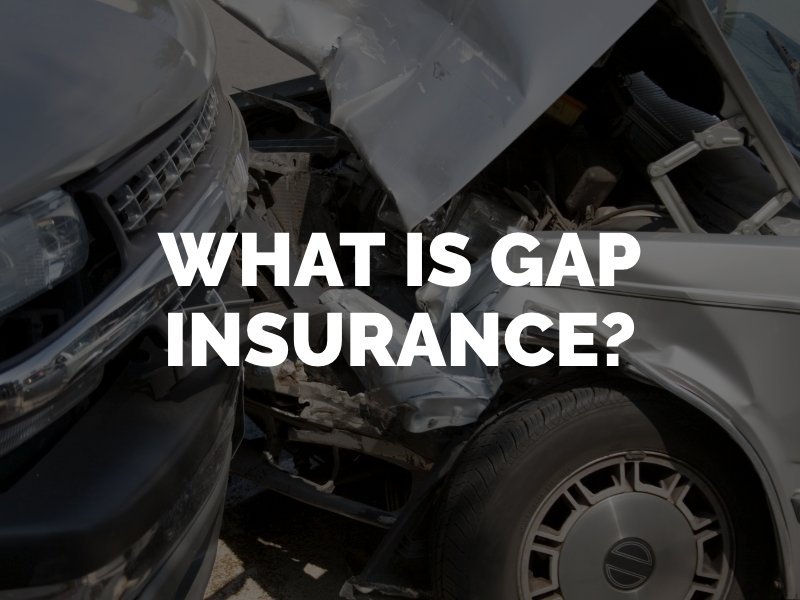What Is Gap Insurance and What Does It Cover?
Gap auto insurance is a type of coverage that can protect a vehicle owner financially by offering benefits if the driver still owes more than the depreciated value of the vehicle on an auto loan after someone steals or totals the car. It might be in your best interest to purchase gap auto insurance coverage in California depending on your situation. Continue reading to learn more about gap insurance and if you have any further questions regarding how gap insurance comes into play after an accident, reach out to a knowledgeable Los Angeles car accident attorney.

What Does Gap Insurance Pay For?
If you get into an accident that totals your vehicle, your standard auto insurance policy will cover the full pre-crash value of your car if you have collision or comprehensive insurance. If you did not cause the crash, the other driver’s property damage liability should cover your costs up to the policy’s maximum.
A vehicle that was worth $10,000 before the accident, for example, will yield $10,000 in property damage benefits to replace the totaled car, as long as the maximum benefits reach this high. Your standard auto insurance policy will not cover the remaining payments you owed on the vehicle loan before the crash, however.
In conjunction with collision and/or comprehensive insurance coverage, gap insurance can help pay for what you still owe on a totaled or stolen vehicle, up to its depreciated value. Gap insurance will pay for the difference between what your car was worth at the time of the incident (which standard insurance will cover) and the amount you still owe on a lease or loan agreement.
For example, say you purchase a vehicle for $20,000 and still owe $15,000 on it when you total the vehicle. If the depreciated value of the vehicle is around $10,000, standard insurance will give you $10,000 to replace the vehicle. You would still have to pay the remaining $5,000 you owe on the original loan, however.
Gap insurance pays for the difference between what standard car insurance pays and what you still owe on your lease or loan. It could save you from owing thousands of dollars to your car loan provider after a serious car accident or auto theft. It bridges the gap, so you do not have to pay the difference out of pocket.
Who Needs Gap Insurance?
Gap insurance is an optional type of coverage in California. State law only requires you to carry $15,000 in bodily injury insurance per person, $30,000 in bodily injury insurance per accident and $5,000 in property damage liability car insurance. If you purchase a vehicle brand new, the auto loan provider might require that you purchase additional collision or comprehensive insurance. This will reimburse you for the value of your vehicle, up to the policy’s maximum, if you cause a car accident. You might also want to buy gap insurance coverage in some situations.
- You gave the auto dealer a small down payment or no down payment at all. Your vehicle can lose 20% to 25% of its original value in the first year you drive it off the lot. A small down payment means you are probably upside down on your loan – especially if you purchased a vehicle that will depreciate quickly.
- You are paying off a long-term loan, financed for 60 months or longer. Long-term car loans make it difficult to build up equity, exposing you to liability if you crash the car. If you rolled negative equity over to your new loan, you may also want to purchase gap insurance.
- You are leasing your vehicle. Most vehicle leasing agreements require you to carry gap insurance. Even if it is not a requirement under the leasing contract, you may want to purchase gap insurance anyway to protect yourself financially in case of vehicle theft or serious property damage.
You may be able to purchase gap auto insurance from the dealer on the date you purchase your new car. Most auto insurance companies also offer gap insurance, usually for smaller premiums than dealers. This type of insurance often only adds about $20 to annual car insurance premiums. Discuss your insurance needs with your dealer or auto loan provider for more information.
